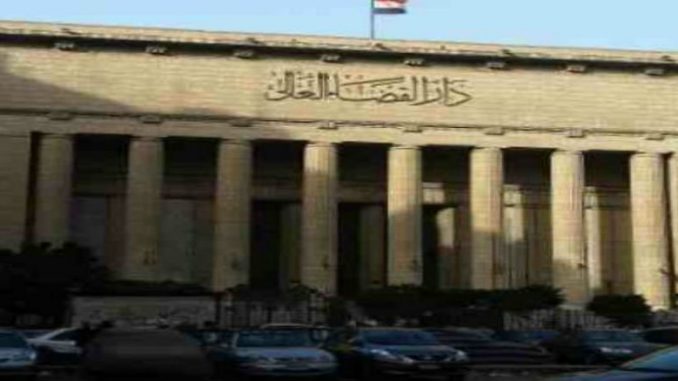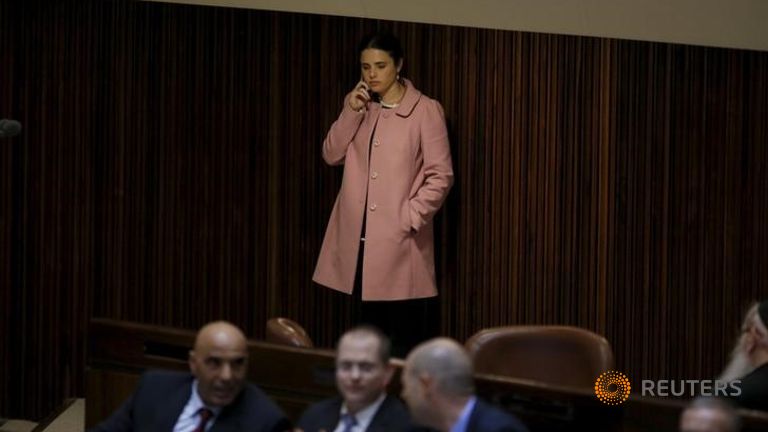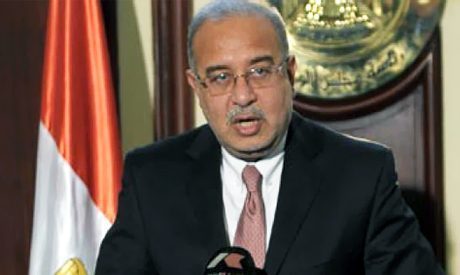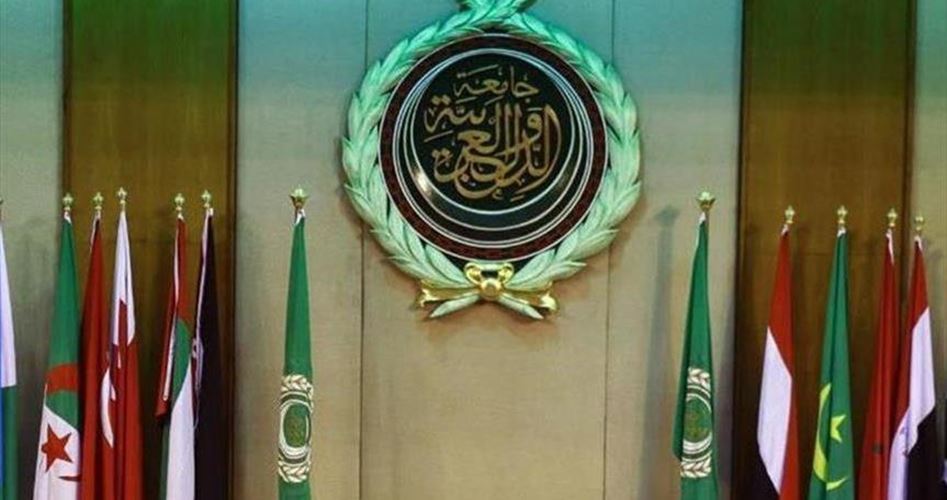
The Egyptian judiciary is facing one of their harshest battles as al-Sisi military regime is working on legalizing the control of the judicial system in the country.
The Economist wrote in its article titled: “Judgement day: Sisi takes on Egypt’s judiciary” that there were early signs that al-Sisi will tighten his grip on the judicial system’s powers.
In June 2015 when Egypt’s prosecutor general Hisham Barakat was killed at car bomb, the Egyptian government wasted little time in blaming the Muslim Brotherhood, “Though it presented no evidence,” however, Abdel-Fattah al-Sisi, had harsh words for the judicial system instead, according to the Economist.
At that time al-Sisi said,”The arm of justice is being chained by the law.” He did not mean this as a compliment. Long appeals delay executions, he grumbled. (Much of the Brotherhood’s leadership sits on death row.)
As the al-Sisi left Mr Barakat’s funeral, he dressed down a crowd of judges, saying.”No courts should work this way.”
In fact, most Egyptian judges come from the country’s elite and are “fundamentally pro-regime and fundamentally conservative”, says Nathan Brown of George Washington University. Some took to issuing mass death sentences to hundreds of Brotherhood members after the group was forcibly removed from power.
Accordingly, what will make al-Sisi work on restricting their powers although mist of them are pro-regime and they have moved in a parallel with the executive system motives most of the cases?
But according to the Economist,” Al-Sisi has nonetheless appeared vexed by the judiciary’s protracted procedures, its semblance of independence and its occasional checks on his power. ”
This notably appeared in some cases;First,the Court of Cassation, one of Egypt’s highest, has voided capital convictions for members of the Brotherhood obtained with evidence exclusively from (often uncorroborated) national-security investigations.
Second, In January the highest administrative court upheld a decision rejecting al-Sisi’s unpopular effort to transfer two islands in the Red Sea back to Saudi Arabia.
As a result,”Fed up, Mr. Sisi is now trying to neuter the courts, with the help of a pliant parliament,”wrote the Economist.
on 27th of April , as attention was fixed on Pope Francis’s first visit to Egypt, al-Sisi ratified a bill that gives him the power to appoint the chief judges of the highest courts.
Even when Egypt was under past strongmen and until now, the courts had selected their own chiefs, usually by seniority.
However, under the new law,al- Sisi will choose one judge from a list of three which the courts in question must submit.
Chief judges have nearly complete power to assign cases and control budgets.
In response, many Egyptians are outraged. Mohamed Mansour, the head of the Judges’ Club said, “Judges have their own will, and they will impose it through the rule of law. ”
Some have threatened to strike. Members of Egypt’s State Council say that they will not supervise the next parliamentary elections. The Supreme Constitutional Court could even reject the law altogether, setting up a showdown with the president.
On the other hand,defenders of the bill argue that the government needs more powers to fight terrorism. Trying suspects takes “five or ten years”, which allows them to “give orders from their cells,”al-Sisi complains.
But under the state of emergency, declared after two church bombings in April, al-Sisi already has the power to try civilians in special courts which he runs.
In fact,Egyptians who are found guilty in these proceedings cannot appeal.
The Economist said,”Al-Sisi’s real motive may be to block the promotion of judges who irritatingly rule against him. Yehia al-Dakroury, who had been expected to become chief judge of the State Council in July, ruled against the al-Sisi’s handover of the islands.”
It added,”Anas Omara, who was next in line to lead the Court of Cassation, revoked the Brothers’ death sentences (he would also have chaired the electoral commission).”
Since al-Sisi led a military coup against Egypt’s first democratically elected President Mohamed Morsi, al-Sisi has dismantled most checks on his power.
“Protests are banned. Harsh laws limit the activities of NGOs. Critical media outlets have been shut down and muckraking journalists locked up. Even al-Azhar University, the Islamic world’s most prestigious centre of learning, has come under pressure. Another bill in parliament threatens to impose greater government control over that already tame institution,”said the Economist.
Judges in Egypt persevered after Gamal Abdel Nasser, Egypt’s old dictator, purged nearly 200 in 1969. They extracted concessions during the 30-year reign of Hosni Mubarak, such as the power to supervise elections. “But in al-Sisi they may have encountered their stiffest challenge yet.”



